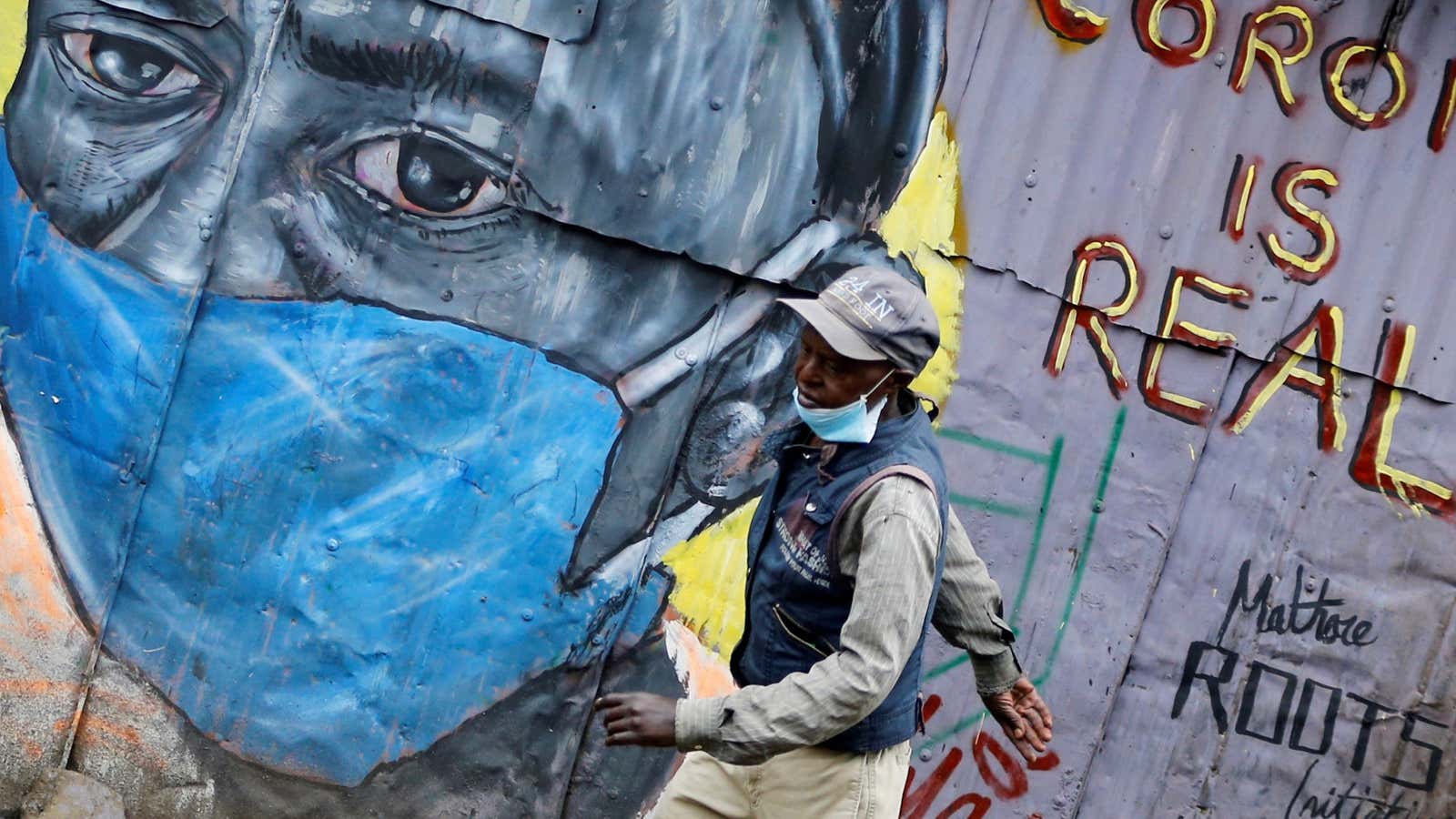The pandemic has stopped the world in its tracks, but governments are hatching plans to get people and economies back up and running. One way to do that, it’s been suggested, is by providing “immunity passports” or “risk-free certificates” to the infected, based on antibody testing, thus allowing some to emerge from global lockdowns while others wait around for a vaccine to be developed and distributed.
One major problem with this notion, though, is that there is no science to support it. On April 24, the World Health Organization (WHO) addressed the question of immunity passports in the context of Covid-19, writing in a statement, “There is currently no evidence that people who have recovered from Covid-19 and have antibodies are protected from a second infection.”
But even if immunity was better understood and could be guaranteed, the existent antibody tests are not sufficiently accurate or reliable to ensure public safety. They yield false positives and false negatives, which means that people who are infected could get the green light to go out, thus spreading the infection, while others who are not ill and pose no risk will be under strict quarantine.
Additionally, the current tests are insufficiently specific. The WHO explains:
These tests also need to accurately distinguish between past infections from SARS-CoV-2 and those caused by the known set of six human coronaviruses. Four of these viruses cause the common cold and circulate widely. The remaining two are the viruses that cause Middle East Respiratory Syndrome and Severe Acute Respiratory Syndrome. People infected by any one of these viruses may produce antibodies that cross-react with antibodies produced in response to infection with SARS-CoV-2.
In other words, these risk-free certificates are just wishful thinking. The novel coronavirus is just that—new. It’s too soon to say when or if someone becomes safe, and all the talk at this point is mere speculation, basically.
The WHO isn’t knocking efforts to better understand the virus. It supports antibody studies to measure infection rates but points out that most of those currently underway “are not designed to determine whether…people are immune to secondary infections.” The agency argues that issuing immunity passports at this point will only increase the risk of spreading infection.
Apart from the many scientific obstacles to certifying immunity now, this approach also raises long-term social and practical problems, as well as legal issues.
Sure, it would be great if we could move on to some new kind of normal, but enforcing immunity passports will be difficult. Will police go around parks and offices and hospitals checking everyone’s documents or QR codes on their phones to ensure those who are out and about really are safe? Will societies create a new class of privileged worker who, by virtue of prior infection, is now a more desirable citizen from an employment perspective? Will our bosses demand access to previously private medical records in the name of public health? And who will get tested? Chances are good, the rich will be first on the list while middle-class and poor workers—who really need their jobs—will wait a long time. What’s more, as with every passport, the creation of documentation—whether digital or physical—leads to the rise of a parallel black market for fakes.
In sum, the concept is highly problematic and our eagerness to restart the world in reliance on an unproven idea may well cause more harm than good.
